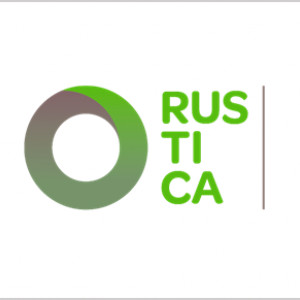 \
&
Contact us
\
&
Contact us
 \
&
Contact us
\
&
Contact us
Published on | 1 year ago
Programmes Advanced Digital SkillsSome applicants for call topics DIGITAL-2023-SKILLS-04-BOOSTING and DIGITAL-2023-SKILLS-04-SEMICONDUCTORS have encountered problems with the Financial Support to Third Parties (FSTP) in the budget table in the submission system.
The Commission advises applicants that face this problem to proceed by submitting the proposal and budget factoring in FSTP in any part of the budget where considered appropriate and to inform the Commission under which budget line FSTP has been added by sending an email to: EC-FUNDING-TENDER-SERVICE-DESK@ec.europa.eu.
Please be reminded that the amount for FSTP and brief explanation of the scheme to be explained in the proposal.
We offer news and event updates, covering all domains and topics of Horizon Europe, Digital Europe & EDF (and occasionally, for ongoing projects, Horizon 2020).
Stay informed about what matters to you.
By signing up, you can opt in for e-mail notifications and get access to
a personalised dashboard that groups all news updates and event announcements in your domain(s).
Only for stakeholders located in Flanders

The RUSTICA project obtained funding under Horizon 2020, more in particular under the topic ‘Closing nutrient cycles’. RUSTICA focuses on demonstration and implementation of circular bio-based nutrient valorisation chains, focusing on waste from the fruit and vegetable agro-food system. The project kicked off in 2021 and will run until 2024. It will use a strong multi-actor approach to co-create both socio-economic and technological knowledge in four case study regions in Europe and one in Colombia. The Flanders-based company DRANCO is one of the project partners and acts as technical project manager for the entire project. DRANCO participates in the project to develop its own technologies, to network and to help make the transition to a more circular based economy.